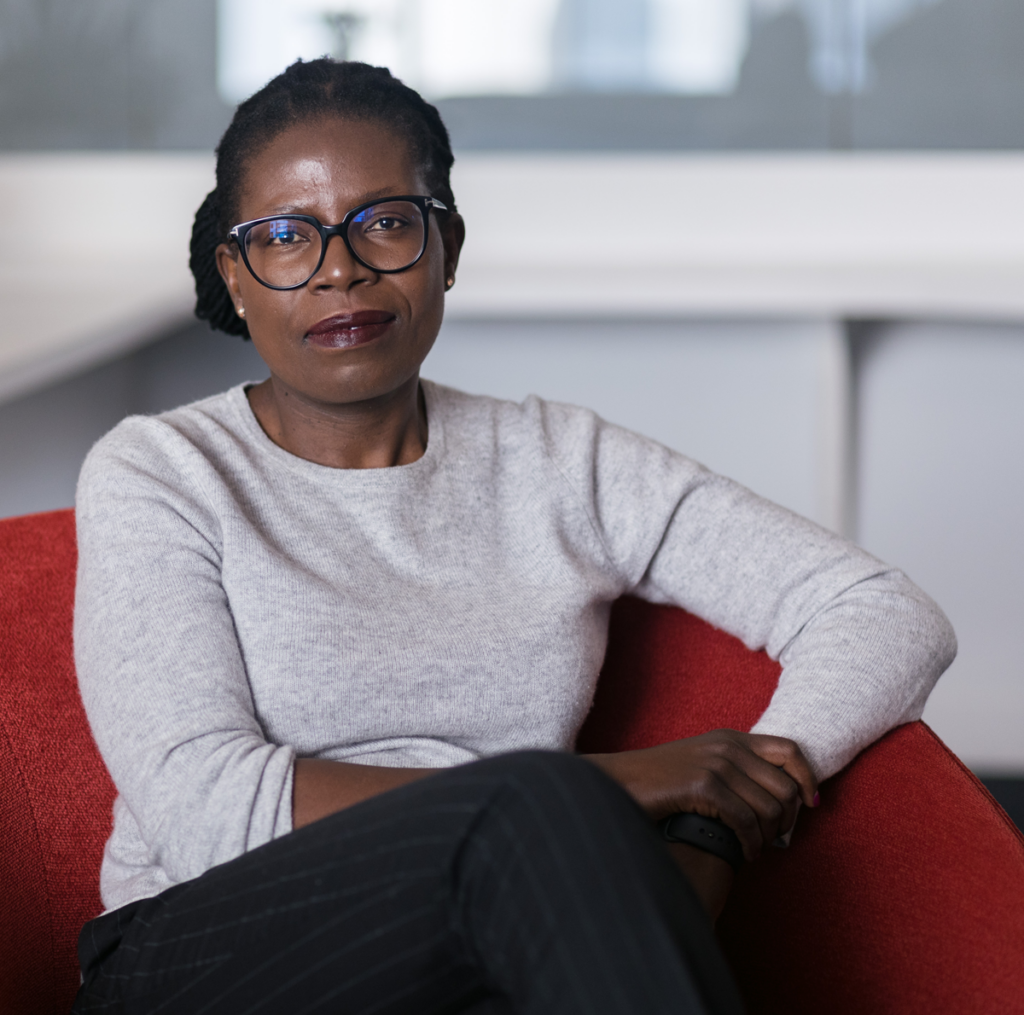


Measurement
Foreword
This report comes at a critical time in our movement. We’re at the intersection of several crises.
Globally, 800 women are dying every day in childbirth. 218 million women in low- and middle- income countries have an unmet need for modern contraception — meaning they want to avoid a pregnancy but are not using a modern method. Women are already bearing the brunt of our changing climate as they care for their families through weather disasters, conflict over strained resources, and more. Now, research shows key metrics of gender equality are eroding with an estimated timeline of 132 years to attain gender equality if we continue at the rate we have been moving – an unacceptably slow pace. And because of gendered power dynamics, funding for family planning globally remains deprioritized, difficult to secure, and overly politicized; amidst shrinking democratic spaces that threaten achievements in human rights.
It’s enough to make many global leaders throw their hands up and decide to focus their attention – and their resources – elsewhere.
But that would be a mistake of colossal proportions, and it’s one the world can’t afford for us to make. Investing in family planning remains one of the best buys in global health. I want our world leaders to take pause and realize the potential we have in front of us if we meet this foundational human right of universal access to modern contraception. With the deadline for the Sustainable Development Goals around the corner, this is a time to be energized, and to have enough optimism to meet this moment.
Because there is good reason for optimism.

According to UNFPA, for every dollar invested in family planning, benefits to families and societies are estimated to be at least $8.78, altogether generating $660 billion in economic benefits by 2050. The Guttmacher Institute has found that every additional dollar spent investing in family planning would save $3 in reproductive, maternal, and newborn healthcare costs.
Ensuring everyone, everywhere has the ability to decide if, when, and how many children they want to have is first and foremost the right thing to do. Ensuring this human right is universal is a worthy goal in and of itself. But also, actualizing this right has significant benefits toward accelerating progress for countries’ economies, and for the entire global community working to achieve the Sustainable Development Goals. Contraception is a catalyst for gender equality, climate change resilience and preparedness, and economic prosperity.

The evidence is clear: we can meet this moment, but we must work together and foster mutual accountability toward tangible results, ultimately achieving universal access to rights-based family planning.
So where do we start? At home. FP2030 decentralized from one secretariat in Washington DC, to five regional hubs in Nairobi, Abuja, Kuala Lumpur, and Panama City, in addition to an office in Washington DC. We have changed our structure to meet this moment, with more emphasis on country-level and regional impact. We now have regional expertise to work with national decision makers in their own country context, with attention to their own social and gender norms. The barriers faced by women in New Delhi, while similar to a certain extent, are different than those in Nairobi, and it’s critical our organization has the tools to address these unique contexts.
And I believe our approach is working. The modern contraceptive prevalence rate has risen at more than twice the average rate in six countries—Burkina Faso, Madagascar, Malawi, Mozambique, Sierra Leone, and Uganda—MCP has risen by more than 1 percentage point per year since 2012. These are remarkable achievements, especially amidst the challenges of stagnant funding and the lingering disruptions from the COVID-19 pandemic.
There are also success stories around contraceptive methods. In 2012 there was only one country (Burkina Faso) in which implants were the most commonly used method of modern contraception. Today implants are the most commonly used method in 11 countries and the second-most commonly used method in another 16 countries. This is a story of innovation, bold leadership, and responsiveness, and I hope to see more stories like this in the coming years: where what women want – a particular method that works with their lifestyles – is quickly scaled up and made available on a large scale.
In this report, you’ll hear more success stories: more people than ever before are using voluntary, rights-based contraception. You’ll also learn more about the opportunities ahead.
The evidence is clear: we can meet this moment, but we must work together and foster mutual accountability toward tangible results, ultimately achieving universal access to rights-based family planning. It’s time to rally for progress, to double down on what we’ve achieved so far and go even further. Women can’t wait.
Onward!
Dr. Samukeliso Dube